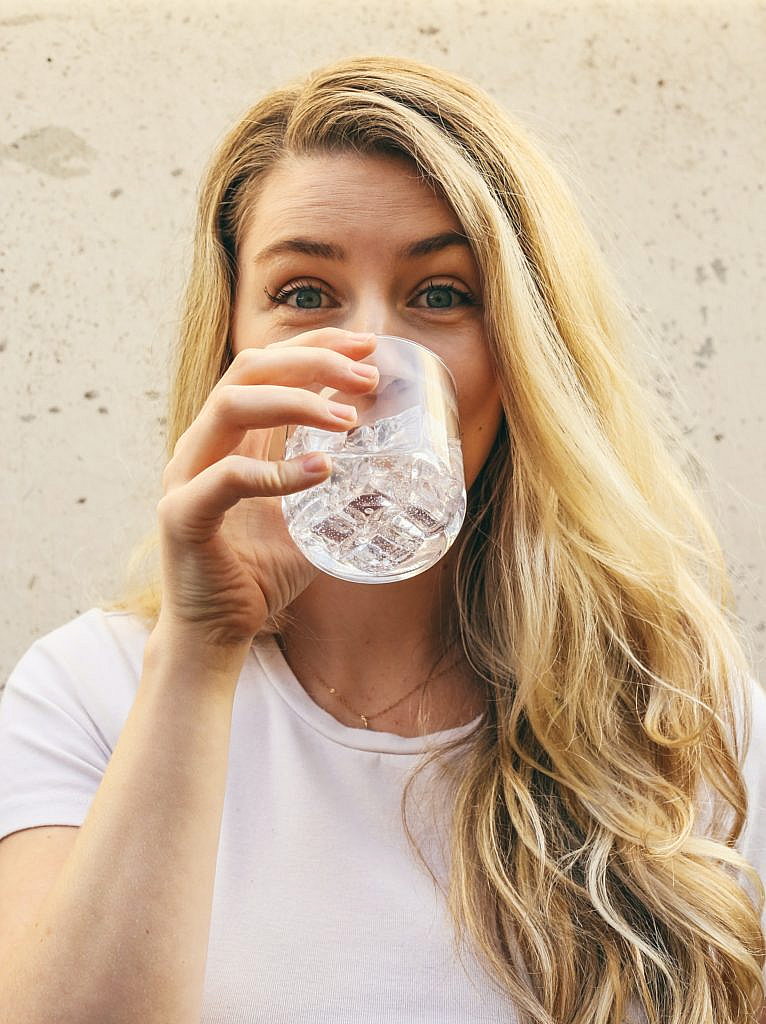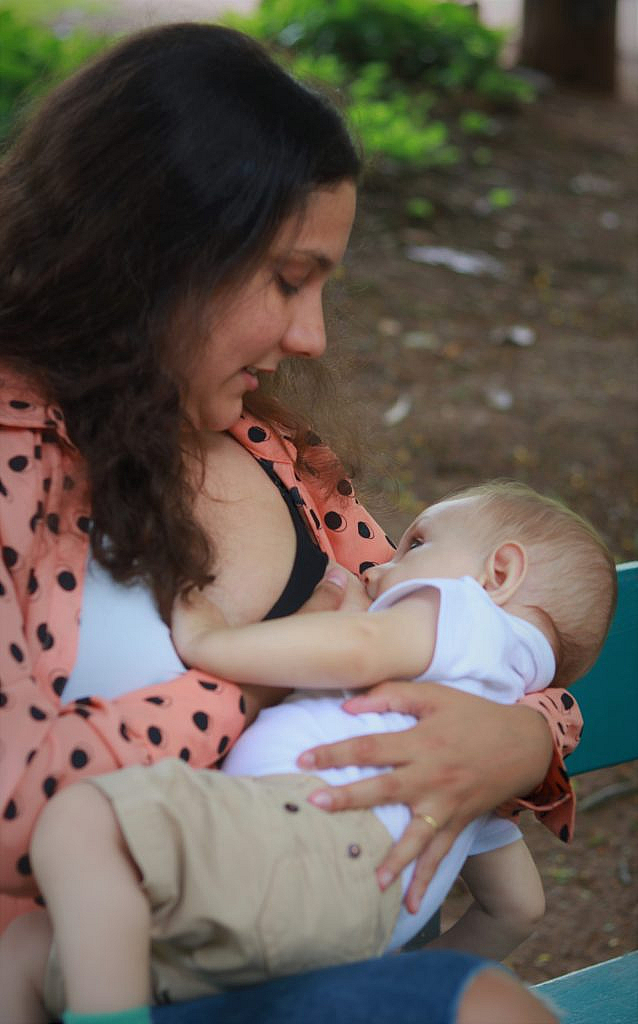Let’s bust another myth together. In an attempt to boost their milk supply, new mothers are typically told to drink water to increase milk supply. While it is beneficial to drink enough water to stay hydrated while breastfeeding, you will be surprised to know that milk production is unaffected. Let’s talk about the association between increasing breast milk production and drinking more. According to reports, nursing mothers should only drink water to slake their thirst. Thus, for women, there is no need of drinking extra water when breastfeeding to increase their milk supply.

Does Drinking Water Affect Breastfeeding?
Clearly, drinking extra water is not one of the thousand ways to enhance breastmilk supply while nursing. I’ll explain why our elders have spent so much time promoting this widespread but incorrect myth. Because milk contains 90% water, increasing your breast milk might be a good idea. A 2014 study assessment by the Cochrane Database of Systematic Reviews found no clinical evidence to support the idea that drinking more fluids may boost milk production. Just drinking water to quench your thirst does not mean that doing so will not have any negative effects on your health or breast milk. Dehydration can affect your milk production in specific ways. It is crucial to drink plenty of liquids so that your body’s systems may function as efficiently and effectively as possible.
According to numerous scientific research, there is no correlation between water consumption and the amount of milk produced. While you are breastfeeding, your body produces the love hormone oxytocin, which increases your thirst; hence you may feel the need to drink more water than usual to satisfy your thirst, which is normal and won’t affect milk production. On the contrary, if you drink gallons of water at once or attempt to guzzle your recommended daily water intake also has some effects on how your milk reacts. When you consume too much liquid, your body attempts to restore electrolyte balance by excreting extra water in the urine. This results in the water rerouting away from your breasts, which can reduce your milk production.
Now this question might pop into your head, how much water do breastfeeding women need to drink? The amount of water required varies depending on the gender, age, and diet of the newborn. While a dehydrated body won’t immediately reduce milk production, stress and mood swings brought on by dehydration can have an impact. Have another glass of water if you’re feeling thirsty. As a reminder to consume water, the mother hormones, prolactin and oxytocin, will tell your body when is the time your body needs some fluid. If you consume fruits or vegetables like cucumbers, melons, and oranges, also adds to your body’s hydration status.

What you should keep in mind to Increase Breastmilk
Although becoming a mother is undoubtedly the most wonderful feeling in the world, the number of anxious thoughts we have concerning our child may be quite overwhelming. How warm is he? Is he consuming a suitable kind of food? Does he consume enough milk? Does my milk fulfil its appetite? And many more. But mums, allow yourselves to sit back, relax and stop stressing, which also seems quite impossible. First and foremost, take good care of yourself because being under too much stress could be one of the factors that affect your milk production. So, what will actually affect your milk supply? The nearest answer to this is breastfeeding. The consumption of breast milk directly affects the production of that milk. The more the demand, the greater the increase in supply. Nurse the baby frequently is the best way to increase the supply of breast milk. A consistent milk supply must be maintained within the first few weeks. More milk will be produced the more consistently your baby breastfeeds.
Always understand that your baby will naturally want to feed every hour or less; this doesn’t mean that it isn’t getting enough milk or that the amount of milk being produced isn’t sufficient. So be sure to feed your infant on demand rather than after a fixed interval. Your breasts will produce more milk every time you take any away.

Remember that babies breastfeed not merely to satisfy their appetites or demands for nutrition but also for comfort and peace. Your child is comforted by it, and the two of you are able to grow closer. On top of that, the hormone oxytocin will undoubtedly make you thirstier, so make sure to consume enough liquids to quench your thirst whenever your body tells you to, and drink water. More frequent nursing will help you with milk production. And just trust your body, and the scenario will fall into place again. You will like to share your responsibilities with your partners.






















1 comments On Drink water to Increase Milk Supply – Myth Busted
Pingback: Mommy Myths – What is the Truth - Mommystery ()